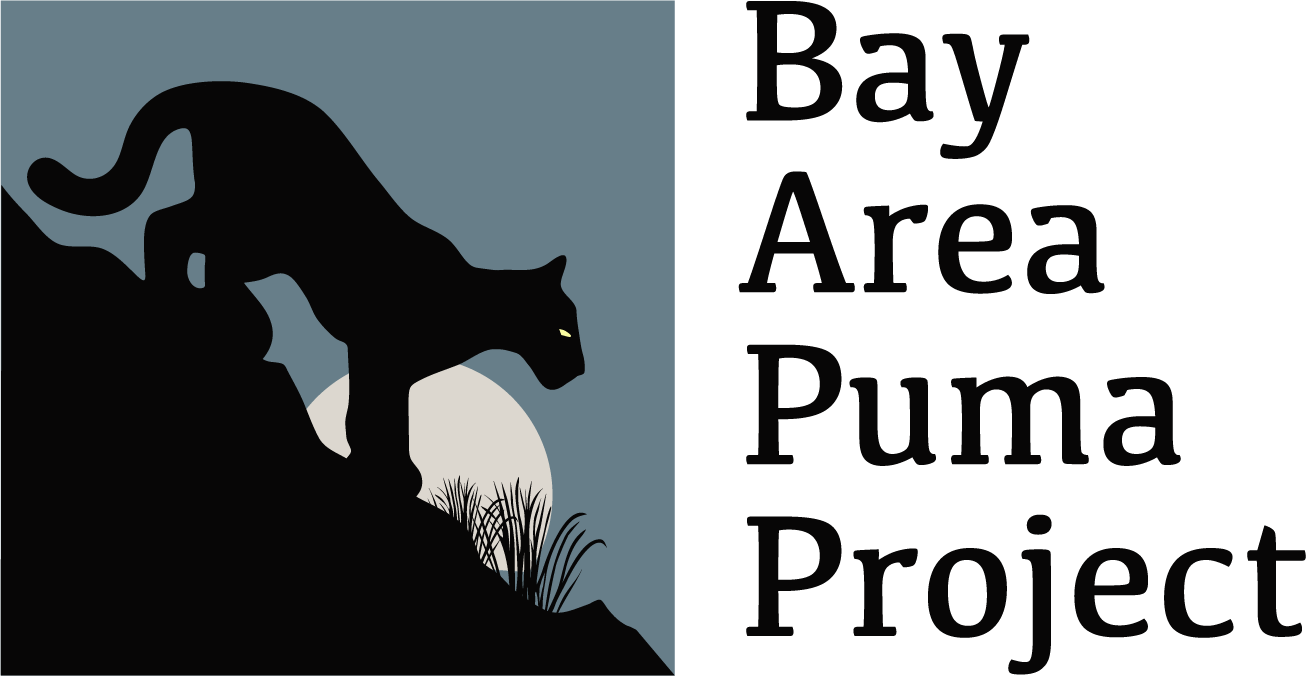Living Alongside Pumas

Understanding the Urban Edge
The urban edge is the area where our towns and cities meet the wilderness. These are often suburbs and housing areas!
As our urban edge expands, we move into the territory of wild animals. It becomes more important for us to manage relationships with the local wildlife, including wild cats.
Living in puma territory
Mountain lions often live in low-density populations and they follow prey. So when deer, racoons, and other animals are foraging near towns, pumas will try to find them. Outdoor pet water bowls and sheds or other outbuildings also offer necessary cover and a water source.
When we build our towns and neighborhoods, we are building in their habitat. This is their ecosystem where their food lives. Wild cats are not inherently dangerous, but they can be if an encounter goes poorly or if they feel threatened.
Your chances of ever encountering a puma are extremely low, but you can make your property less appealing to pumas by following these tips.
- Trim vegetation surrounding house
- Do not leave pets or pet food outside at night
- Do not feed deer or attract other wildlife
- Remove plants that attract deer, raccoons, etc.
- Fence livestock and keep them contained
Additional resources:

Recreating in puma territory
If you’re living in proximity with pumas, you might encounter one out in nature, too. To stay safe during outdoor recreation, you should…
- Avoid hiking, biking or running alone, especially between dusk and dawn.
- Avoid recreating between dusk and dawn.
- If recreating alone, consider carrying pepper spray or mace. You could also use a hefty walking stick in case of a wild cat encounter.
- Keep children in front of you and close by.
- Be aware of your surroundings at all times. For example, when recreating outside, such as running or hiking, avoid wearing headphones.
- Make plenty of noise to reduce your chances of surprising a puma.
- Never approach a wild cat of any size, especially a kitten.
- Never approach a wildlife carcass.
- If you encounter a wild cat, give it a wide berth to leave the area.

A mountain lion (puma concolor) spotted near the north end of Vancouver Island, BC, Canada. Photo courtesy of and copyright Jarrett Lindal of Jarrett Lindal Media. All rights reserved.
If you see a puma...
In the highly unlikely event that you ever see a puma in the wild, it will most likely keep moving and you will only see it for a few seconds.
However, in rare cases it may stand its ground or appear threatening, in which case:
- Maintain eye contact
- Do NOT approach the animal
- Do NOT run or turn your back
- Appear as big as possible
- Pick up children
- Speak loudly and firmly
- Throw rocks and sticks, etc.
In the extremely rare case that these actions do not scare the cat off and it does attack, do not lay down or play dead. Fight back.
Signs of aggression
Mountain lions are world-class stalkers, so if they’re going to attack you, you probably won’t see them. But, again, unprovoked attacks are extremely rare. If you do see a puma, you should follow the steps we listed to scare it off and avoid an attack.
Signs of aggression include:
- Moving towards you quickly.
- Hissing or making noise.
- Clapping their front paws at you.
Chances of attack
What are your chances of being attacked by a puma? ...Very, very, very, very, very unlikely!
Although puma sightings can cause people to become anxious, the CA Department of Fish and Game estimates that 85-90% of reported puma sightings are NOT actually a puma!
There have only been:
- 20 verified attacks in California since 1890
- 9 deaths in California since 1890
- 1 verified attack in the Bay Area in over 100 years
- See the list of verified mountain lion attacks in California here.
You are:
- 150x more likely to be killed hitting a deer with your car
- 300x more likely to be killed by a domestic dog
- 500x more likely to drown in your own bathtub
- 1000x more likely to die from excessive heat/cold
- 2500x more likely to die from an accidental fall
- 7000x more likely to die in a vehicle crash
It is more dangerous to walk the streets in any U.S. city at night than it is to live and hike in mountain lion country.
Within the United States and Canada, British Columbia accounts for 57% of all recorded attacks. A particular hot spot is Vancouver Island.
